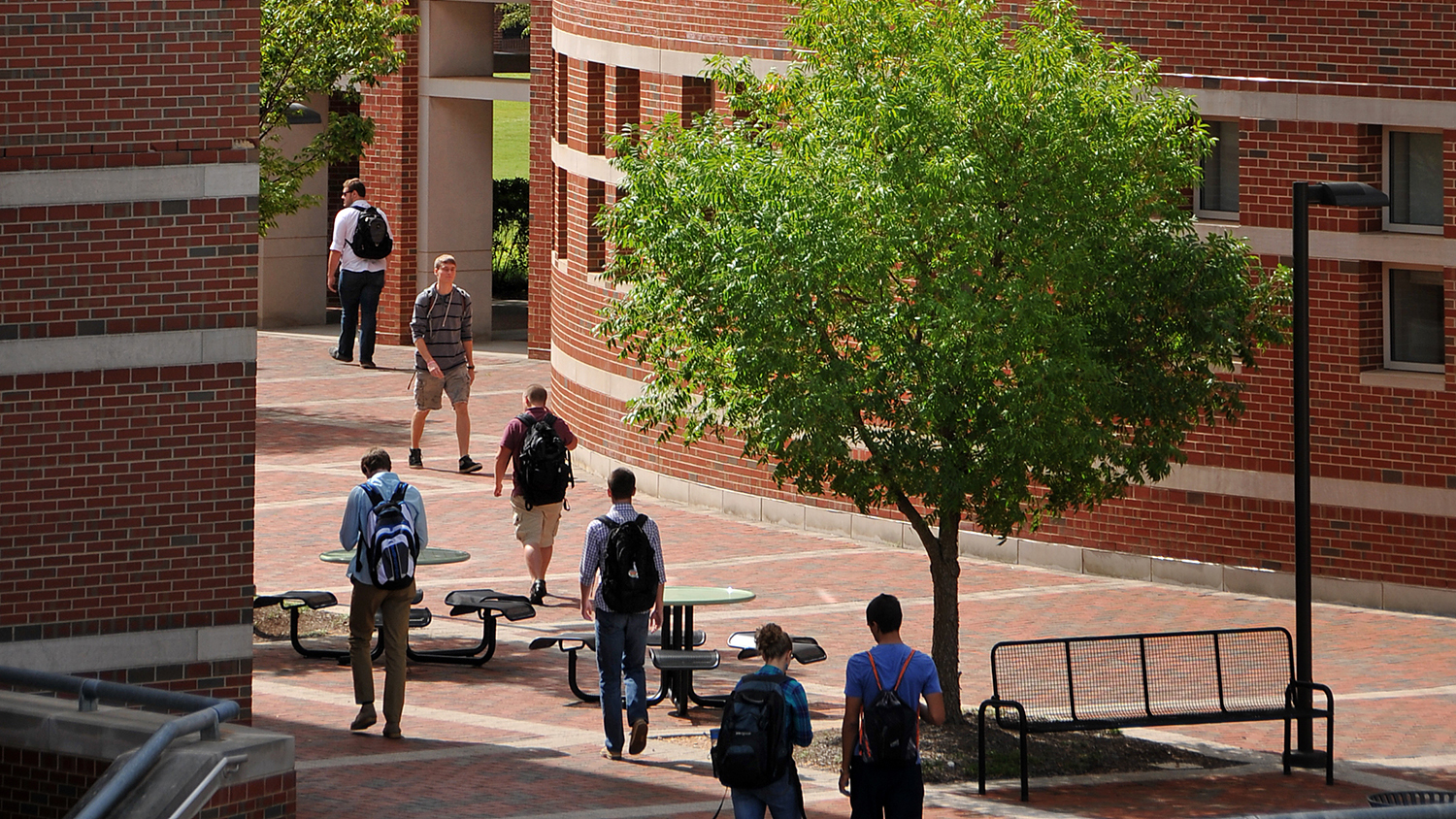NC State Hosts NSF Big Data Research Center

Editor’s Note: This is a guest post from Darsee Heath in NC State’s College of Engineering.
NC State University has been selected as a new site of the existing Center for Hybrid Multicore Productivity Research (CHMPR). The new NC State site, which opened September 1, is hosted in the Laboratory for Science of Technologies for End-to-End Enablement of Data in the College of Engineering’s Department of Computer Science.
“I am very excited about joining CHMPR, because this happens to be a range of my personal research interests,” said Rada Chirkova, associate professor of computer science and principal investigator for the site. “It’s exciting to be given this great opportunity to work on something you’ve always been interested in.”
The research challenges addressed by CHMPR center around big-data analytics. The new site’s main goal will be to conduct trans-disciplinary translational science and research of enabling better decision making in presence of big data.
CHMPR is part of the Industry–University Cooperative Research Centers Program (IUCRC) supported by the National Science Foundation, which enables industrially relevant, pre-competitive research via multi-member, sustained partnerships between industry, academe, and government. Centers bring together faculty and students from academic institutions with companies, state/federal/local government, and non-profits, to perform cutting-edge pre-competitive fundamental research in science, engineering, and technology areas that are of interest to industry and that can drive innovation and the U.S. economy. Members guide the direction of center research through active involvement and mentoring.
The CHMPR/NC State effort toward end-to-end enablement of data will focus on developing technologies and tools for bridging the time gap between the acquisition of data and real-time and long-term decision making.
“One very unique thing that is happening is data wrangling – this is really how you prepare data and how you put the data together for your big-data analytics. This is a well-known really hard problem out in the industry,” Chirkova said. “That is a very time-consuming, labor-intensive and expensive part of the process. So whatever can be automated will be welcomed by the industry and government. We try to specialize in this, but will also do the full range of big-data analytics.”
The fundamental research conducted in the CHMPR center is also expected to translate into technologies that will aid industry, federal agencies and government agencies. The delivery of practical solutions to difficult problems will aid in precompetitive research, and will help create forward-oriented opportunities for industry and government.
According to Chirkova, the work being done at NC State complements the research being done in the Center. “At NC State, we are a premier place for data science and big-data analytics; it’s great to know NC State is an asset many people know about.”
CHMPR comprises the University of Maryland, Baltimore County; the University of California, San Diego; the University of Utah; Rutgers University; and, now, NC State. The overall CHMPR program is in the second phase of IUCRC support.
For more information on CHMPR and the semiannual meeting, visit: https://www.steed.ncsu.edu/chmpr-planning-meeting/.
- Categories:


